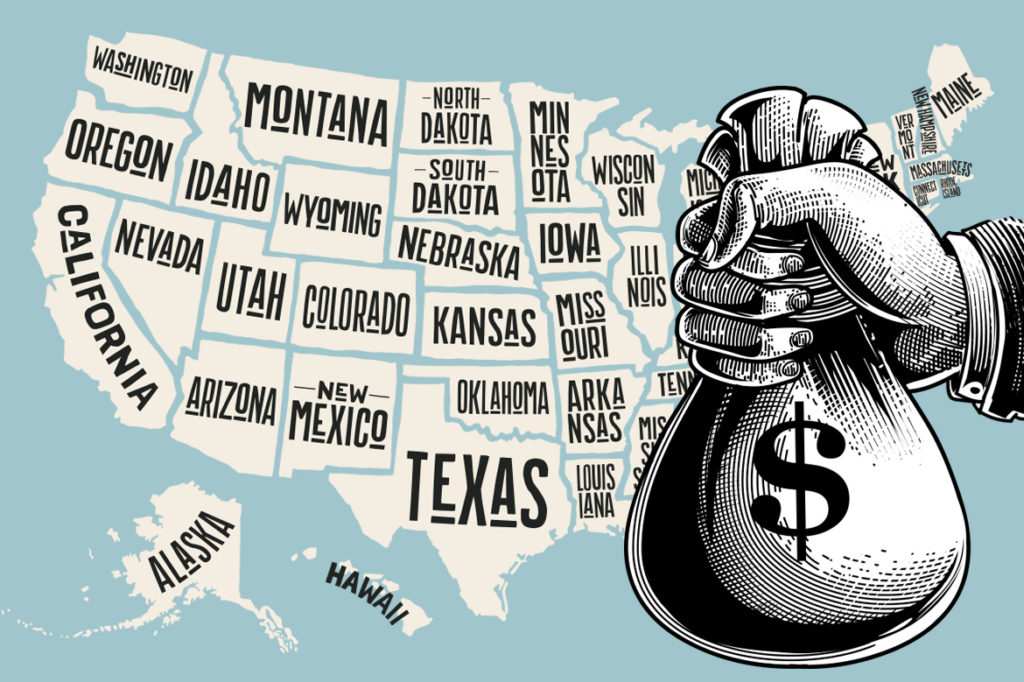
Tennessee is angling to be the first state to switch its Medicaid program to a “block grant,” a lump sum to provide health care to those with low income.
But it’s a tradeoff. The state would get wide latitude to run its Medicaid program as it sees fit, but it would also shoulder new risk.
TennCare, as Medicaid is known in the state, covers roughly one-in-five Tennesseans — mostly women and children. But the figure fluctuates — higher during a recession, lower when the economy is good.
Currently, the federal government pays for roughly two-thirds of the cost for every person on TennCare, no matter how many. A block grant lock in a set amount, so it would mean paying for spikes becomes the state’s problem.
Though that’s not how supporters see it. The measure’s sponsor in the state Senate, Sparta Republican Paul Bailey, has repeatedly said he’s not trying to cut the $12 billion program.
“Once again, I want it to be clear,” Bailey has told lawmakers as he’s shepherded his proposal through the committee process, “this legislation does not seek to reduce any current funding, nor does it seek to limit current eligibility of services to anyone.”
In fact, Baily has
amended his bill (
HB1280/SB1248) so it says Tennessee would go along only if the total amount goes up each year with inflation and population increases.
But skeptics counter, if Tennessee is so determined to keep getting more money each year, it’s hard to see what’s in it for the Trump Administration.
“Why would CMS do that if it’s not getting federal certainty and a reduction in federal spending, which is what it’s looking for?” asks says Cindy Mann, director of the Center for Medicaid Services under President Obama.
The pitch from Tennessee is that the state might be able to stretch the money farther to cover more people. That would mean either trimming benefits or making patients pay more for their own health care.
But Mann says states already have many options through so-called waivers.
“It’s not clear to me that a block grant is needed to achieve the flexibility that the state may be seeking,” she says.
It’s unclear to most legislators, too. The proposal intentionally lacks specifics and basically just asks Governor Bill Lee’s administration to negotiate a block grant and not to settle for a bad deal.
“So as somebody enrolled in the program, this feels very distant,” says Mandy Pellegrin, policy director of the Sycamore Institute.
But Pellegrin says people should start paying attention and
look closely at the details.
“The primary reason that [Tennessee] would want a block grant is so that we could make changes,” she says.
There are few parallels, but Pellegrin says the state’s track record shows Tennessee is more likely to restrict Medicaid coverage than expand it.
She points to welfare, which also converted to block funding. And now Tennessee has become
one of the stingiest states in the country with cash assistance while accumulating
large reserves of federal funding.


